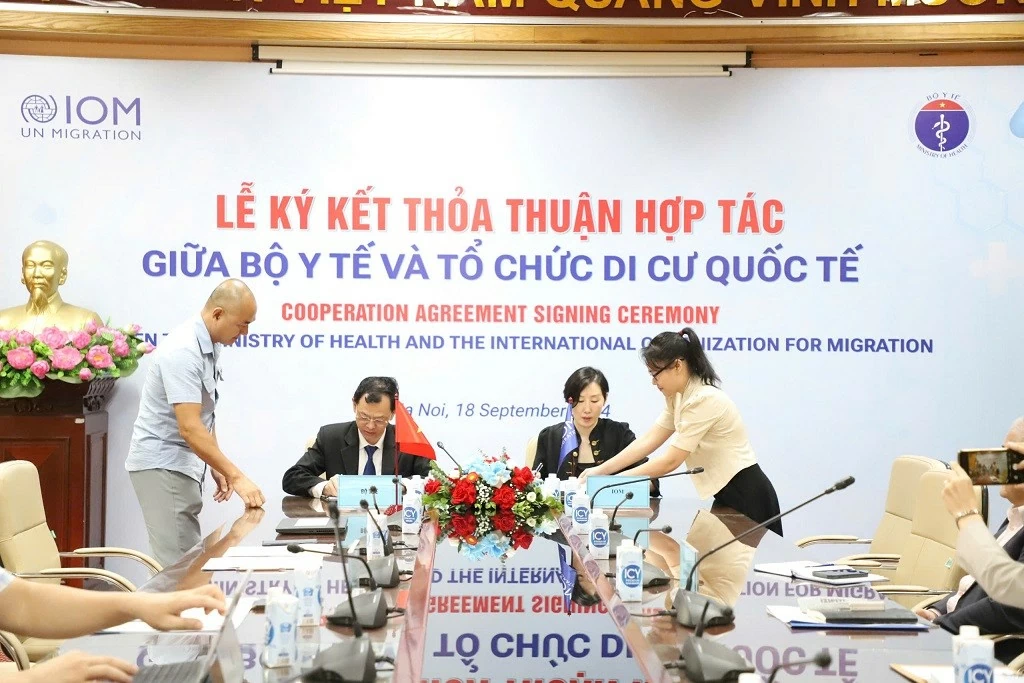 |
| Representatives of IOM and the Ministry of Health signed a MOU to strengthen cooperation in improving the health and quality of life of migrants. (Source: IOM) |
IOM Chief of Mission in Vietnam, Park Mi-Hyung, stressed the importance of this timely cooperation to ensure the health and quality of life of migrants, in line with the objectives of the Global Compact for Safe, Orderly and Regular Migration (GCM) and the Sustainable Development Goals (SDGs).
“In an increasingly mobile world , collaboration and partnerships are crucial to improve the health and quality of life of migrants. Healthy migrants contribute to healthy communities,” said Park Mi-Hyung.
At the signing ceremony, the Head of Mission of IOM in Vietnam affirmed: “The Memorandum of Understanding signed today between IOM and the Ministry of Health provides a framework for strengthening the partnership in the health sector between our two agencies. As the leading UN agency for safe migration, IOM is committed to a long-term and strategic partnership with the Government of Vietnam, especially the Ministry of Health, to ensure health and quality of life for all, including migrants. We look forward to further strengthening the already close cooperation between our two agencies.”
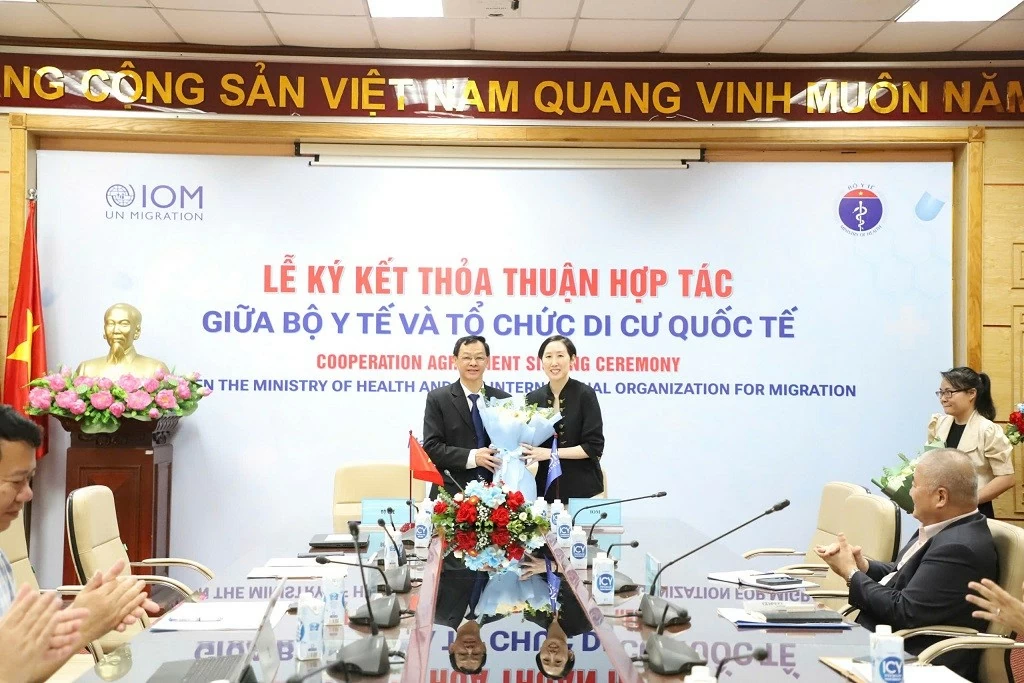 |
| This Memorandum of Understanding marks nearly 40 years of cooperation between IOM and the Ministry of Health. (Source: IOM) |
This MoU marks nearly 40 years of cooperation between IOM and the Ministry of Health, which dates back to the 1980s. Over the years, the partnership has evolved from IOM’s health assessment of migrants in destination countries to public health efforts, such as facilitating access to health care for migrants, strengthening cross-border disease control and responding to and preparing for public health emergencies.
Vietnam is a country with a large source of labor exports, especially in the context of high demand for employment opportunities abroad. Recent data shows a resurgence of international labor migration, with about 155,000 Vietnamese citizens finding jobs abroad in 2023 alone, equivalent to nearly a third of new workers entering the labor market.
Similar to other countries in the ASEAN region, the burden of health problems in Vietnam remains complex, including infectious diseases, occupational health risks and injuries, mental health challenges, non-communicable diseases (such as cardiovascular disease and diabetes), and maternal and child health problems. Infectious diseases such as human immunodeficiency virus (HIV), acquired immunodeficiency syndrome (AIDS), tuberculosis and malaria continue to be significant concerns.
Furthermore, achieving Universal Health Coverage (UHC) remains challenging and is even more difficult for migrants. Recent studies conducted by IOM in the region have highlighted the challenges that cross-border migrants face in accessing health care, including language barriers, discrimination, financial constraints, lack of health insurance for cross-border travel, and lack of formal cross-border referral mechanisms for migrant patients. Migrants are therefore more vulnerable in pandemic emergencies due to inadequate access to necessary health care, as the Covid-19 pandemic has shown.
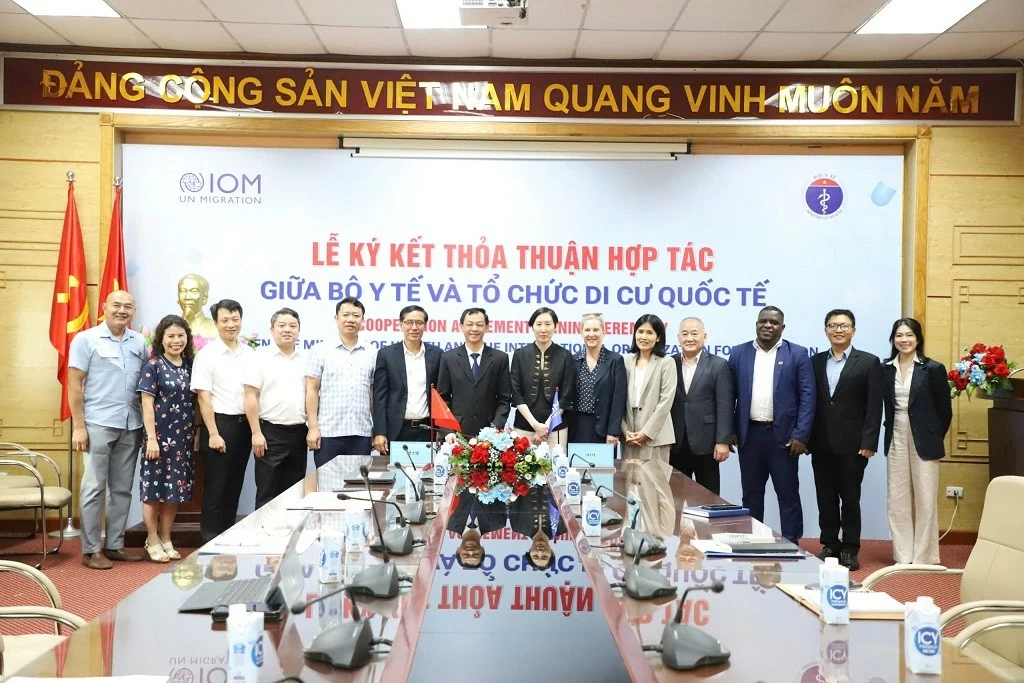 |
| Delegates take souvenir photos at the event. (Source: IOM) |
IOM Vietnam has made significant contributions to improving the health of migrants. Some notable initiatives include strengthening cross-border tuberculosis control coordination, with 200 health workers from Vietnam and Cambodia trained in the use of the DHIS2 cross-border patient referral software, and the establishment of the Migrant Health Technical Working Group (MHWG), an inter-ministerial technical group to manage migrant health and create inclusive, migrant-centered health policies and interventions. Through the MHWG, IOM has improved health literacy for more than 23,500 migrant workers in Japan and Korea through the Health Handbook for Vietnamese Overseas Workers initiative. |
Source: https://baoquocte.vn/iom-va-bo-y-te-bat-tay-no-luc-nang-cao-suc-khoe-va-chat-luong-cuoc-song-cua-nguoi-di-cu-286798.html






![[Photo] Parade to celebrate the 50th anniversary of Laos' National Day](/_next/image?url=https%3A%2F%2Fvphoto.vietnam.vn%2Fthumb%2F1200x675%2Fvietnam%2Fresource%2FIMAGE%2F2025%2F12%2F02%2F1764691918289_ndo_br_0-jpg.webp&w=3840&q=75)



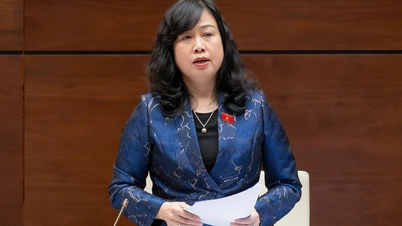



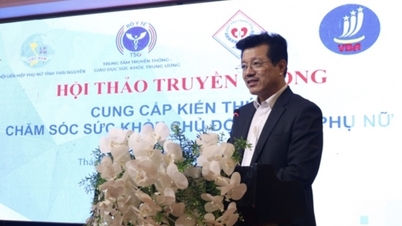

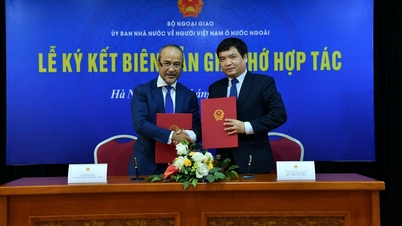



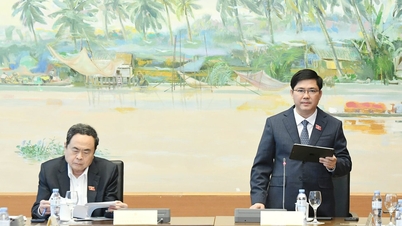

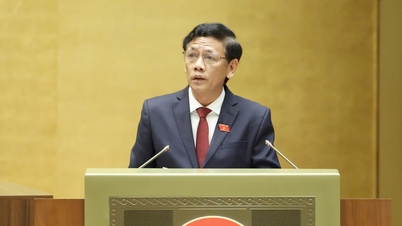
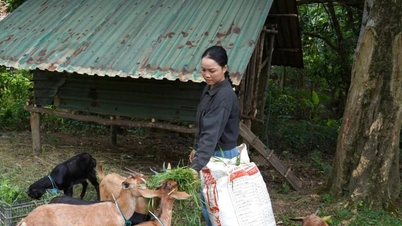
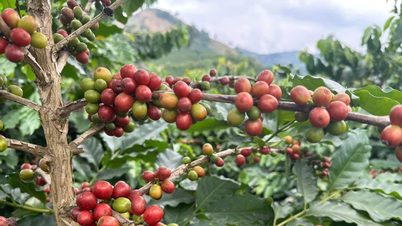

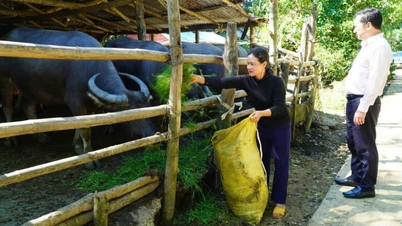

![Tue Tinh gets rich from the fields: [Article 3] Chili plants take root to reduce poverty](https://vphoto.vietnam.vn/thumb/402x226/vietnam/resource/IMAGE/2025/12/02/1764640627872_img_5015-221526_666-085700.jpeg)







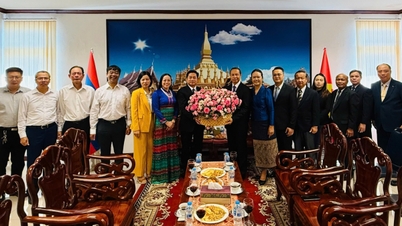
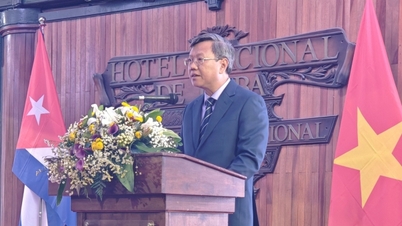
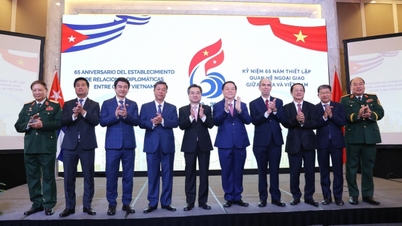

![[Photo] Worshiping the Tuyet Son statue - a nearly 400-year-old treasure at Keo Pagoda](/_next/image?url=https%3A%2F%2Fvphoto.vietnam.vn%2Fthumb%2F1200x675%2Fvietnam%2Fresource%2FIMAGE%2F2025%2F12%2F02%2F1764679323086_ndo_br_tempimageomw0hi-4884-jpg.webp&w=3840&q=75)




























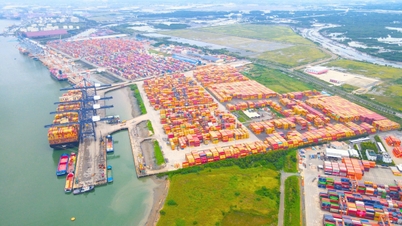

















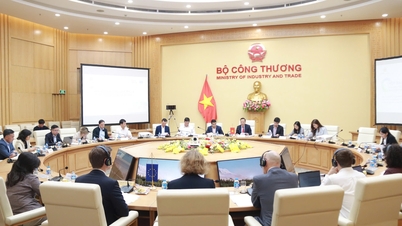

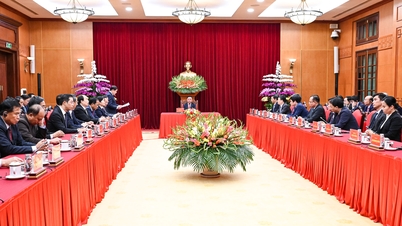

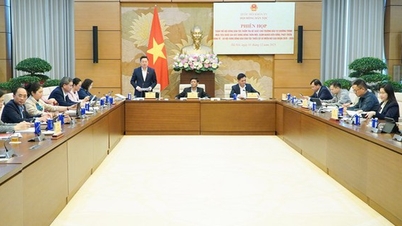


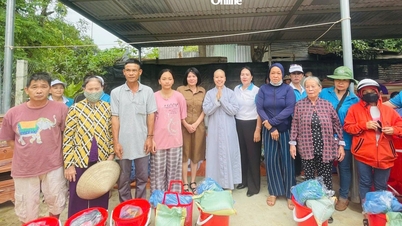



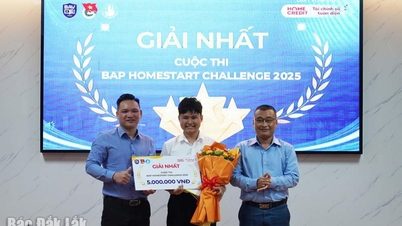



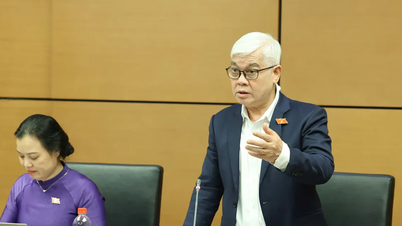











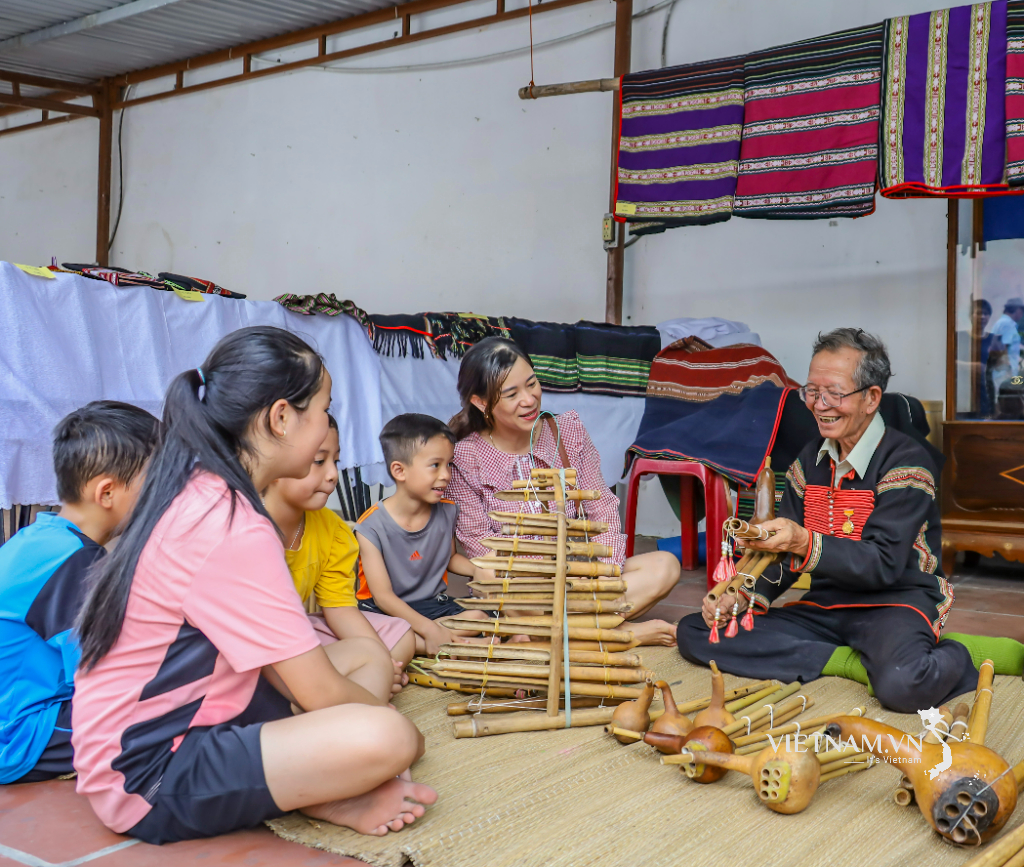

Comment (0)